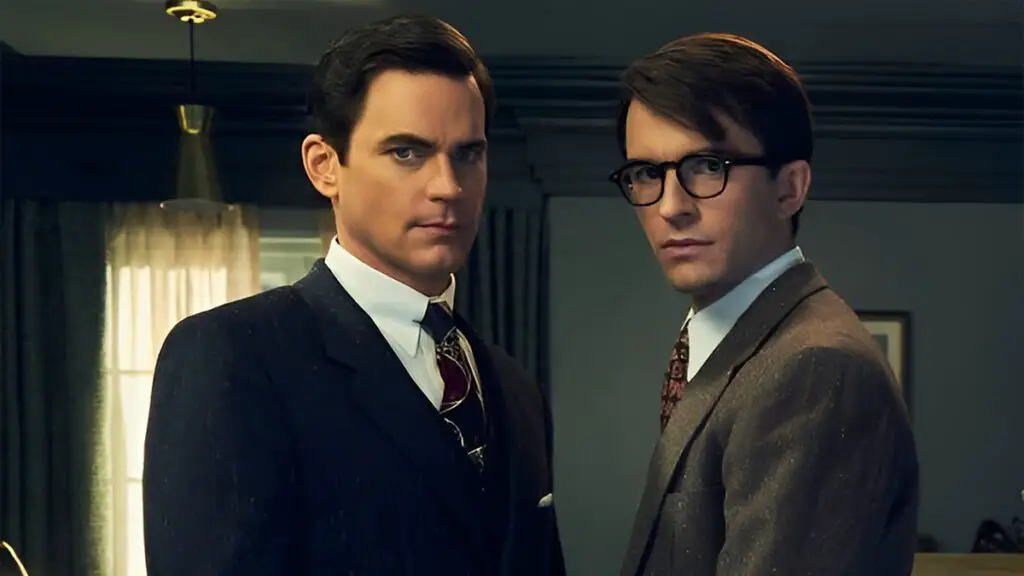In the Showtime adaptation of Thomas Mallon’s novel, “Fellow Travelers” emerges as a compelling narrative set against the backdrop of 1950s Washington, D.C. The story unfolds in an era marked by influential figures like Nixon, Lyndon Johnson, and Joe McCarthy, and delves into themes of political drama, unexpected humor, and heartbreak. The novel’s adaptation features a rich tapestry of characters and scenarios, including the journey of Timothy Laughlin, a recent college graduate and devout Catholic. Laughlin, eager to combat Communism, finds himself drawn into a complex web of political intrigue and personal discovery. His encounter with Hawkins Fuller, a State Department official, not only offers him his first job but also leads to his first love affair. This relationship unfolds amid the tense political climate of McCarthy’s desperate power grab and the scrutiny on “sexual subversives” within the government, making their navigation of double lives increasingly perilous.
The series offers a vivid portrayal of America’s Lavender Scare, highlighting the real-life consequences faced by LGBTQ+ civil servants who were dismissed or harassed under McCarthy-era politics. The show’s narrative structure, interweaving different time periods, enhances the depth of its storytelling. It not only spotlights the immediate effects of the Lavender Scare on its main characters, Hawk (Matt Bomer) and Tim (Jonathan Bailey), but also extends its reach to 1980s San Francisco, drawing parallels with the AIDS epidemic and the government’s apathy towards the gay community. The series is also notable for its secondary plot involving characters like Marcus, a Black DC journalist, and his relationship with a drag queen, enriching the narrative with diverse perspectives.
Jonathan Bailey’s Stellar Performance Elevates ‘Fellow Travelers’

Jonathan Bailey, known for his versatility in both comedic and dramatic roles, delivers a performance in “Fellow Travelers” that is nothing short of revelatory. His portrayal of Tim is nuanced and powerful, capturing the character’s innocence, idealism, resilience, and vulnerability. Bailey’s ability to convey the complexities of his character, especially in the context of the politically charged and socially repressive 1950s, is commendable. His performance stands out in a cast without weak links, bringing a level of authenticity and depth to the role that resonates strongly with the audience. This is especially noteworthy considering Bailey’s already impressive career, which includes a Laurence Olivier Award and roles in major productions like “Bridgerton,” demonstrating his range and talent as an actor.
In summary, “Fellow Travelers” on Showtime is a powerful, multi-layered series that effectively captures a significant historical period through its engaging narrative and remarkable performances, particularly that of Jonathan Bailey. The show skillfully intertwines personal stories with broader historical themes, offering a rich and poignant viewing experience.


